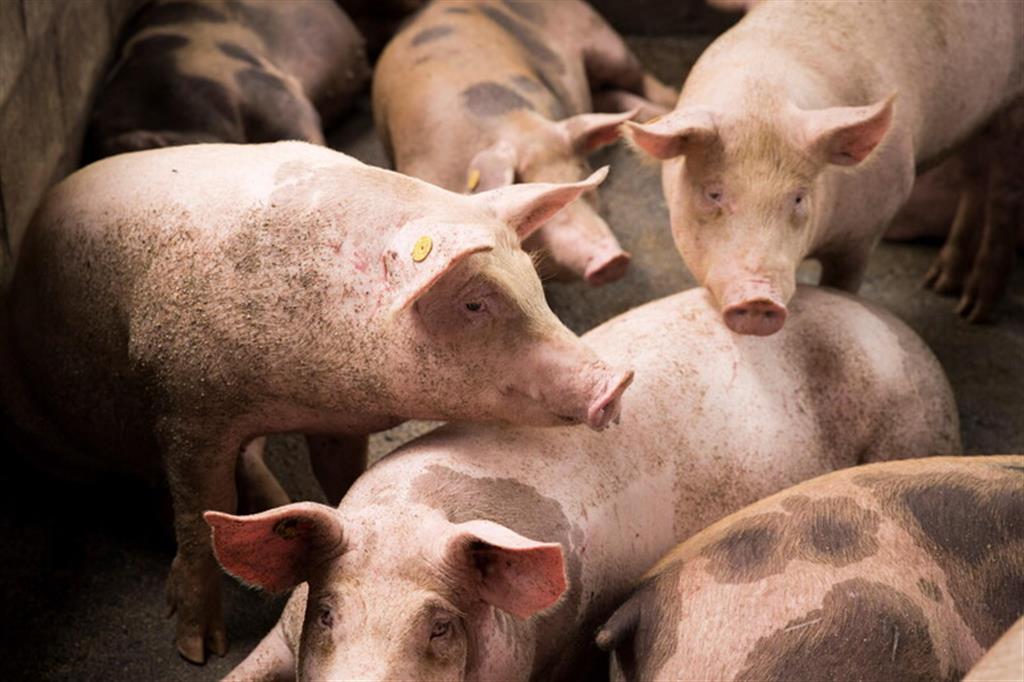In statements published Thursday on the website of the daily Fanpage, the specialist Roberto La Pira, director of the news media Il Fatto Alimentario, said that the problem has worsened in recent months because after the first cases were detected in 2022 in the province of Genoa, the threat was underestimated.
The expert particularly criticized the management of the extraordinary commissioners appointed to deal with this viral disease affecting pigs and wild boars, which causes high mortality among affected animals, leading to the current significant socio-economic disruption.
The jobs of some 100,000 people working in all segments of the supply chain are at risk, while exports, which total 2,1 billion euros, are increasingly affected.
Traditional markets such as China, Japan, Cuba, Mexico, Thailand, Uruguay, Brazil, Argentina, Peru, Serbia and Canada have already blocked imports of Italian sausages and hams, but other countries could join in the coming days as the epidemic spreads rapidly, La Pira said.
He referred to a recent report by the European Union’s Veterinary Emergency Team, according to which the measures adopted so far to curb the epidemic are largely insufficient and uncoordinated, thus favoring the spread of the virus.
As of September 11, 49 outbreaks has been identified in Italy and it should be noted that “just four days ago there were 45, and in July there were less than half of them”, the researcher, who pointed out that 117,000 animals have already been slaughtered, and more than half of this figure corresponds to the last few weeks.
jrr/arm/mem/ort










